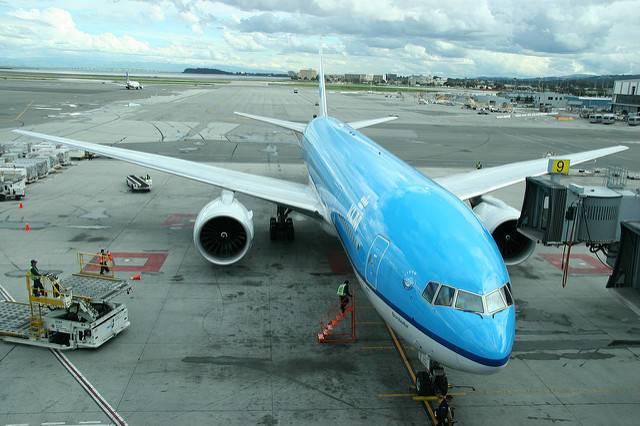
U.S. President Donald Trump says his environmental policies and executive orders will save the estimated 77,000 coal industry jobs that remain in the U.S.
Meanwhile, the U.S. government estimates the travel and tourism industry added $1.6 trillion to the economy in 2015, and supported anywhere from 5 million to 7.6 million jobs that year.
But while even energy industry leaders have acknowledged that coal jobs will not rebound no matter how many of Trump’s policies succeed, it is clear that the administration’s recent executive orders on the immigration front will hurt the American tourism industry.
The results will hit the bottom line of corporations such as Disney, which count on visitors walking through the turnstiles at their theme parks. But many local businesses in rural areas, catering to visitors who enjoy the recreational opportunities in U.S. national parks and public lands, could also be affected.
As the Washington Post reported, an analysis of data from the travel app Hopper shows demand for flights to the U.S. from around the world are on the decline – with the curious exception of Russia. According to the travel analytics firm Tourism Economics, 4.3 million fewer people could come to the U.S. this year, the economic fallout of which could result in $7.4 billion in lost revenues.
Next year could be even more difficult for the travel sector, with 6.3 million fewer tourists resulting in a financial hit of $11 billion. That means fewer citizens visiting Miami, which is an easy long weekend trip from northern South America; and fewer arrivals in San Francisco and New York, cities that have long welcomed both tourists and business travelers in large numbers. For the travel industry, which reeled after the 9/11 attacks for almost a decade -- only to recover since 2010 – the next few years could see more layoffs and local businesses closing.
The evidence suggests such a decline has already begun, with fewer travel arrangements made by both budget travelers and more well-heeled visitors. Youth travel organizations such as Hostelling International (HI) have seen a decrease in bookings, which HI attributes to young citizen’s trepidation over Trump and his travel bans. And in Tyson’s Corner, a Northern Virginia suburb of Washington, D.C., a Sheraton Hotel is offering a free Apple Watch to anyone who books at meeting at its conference center.
Even Canadians, most of whom live an easy drive from the U.S. border and are quick to visit either to shop, enjoy the outdoors or flee to Florida to escape winter, are increasingly canceling trips to the U.S. Wealthy Mexicans, who in the past flocked to mountain resorts such as Vail, Colorado, are also making alternative travel plans. Recently, a marketing survey found out that, across the board, travelers worldwide are saying the U.S. political climate makes them less inclined to visit – with the exception of China, though that research was undertaken well before last week’s snafu with United Airlines. And data from Newark Liberty International Airport revealed that bookings slumped by 7 percent as of last month.
Regardless of their political stance on Trump’s executive orders, many within the travel sector insist the larger problem is that the current administration is not bothering to make it clear that most visitors are still more than welcome to visit the U.S. In a recent interview with the Financial Times, Arne Sorenson, CEO of Marriott International, said: “We are trying to encourage the administration to say: While we might be working on some of these other issue [such as security risks], we actually want to communicate a welcome to the rest of the world and encourage travel.”
But threats of extensive searches at the border, including the reported demands for cellphone and app passwords, are among the factors that are discouraging potential visitors from visiting the U.S. Many will respond in kind, and simply travel elsewhere -- which will make it a long summer for many tourism workers.
Image credit: Erwyn van der Meer/Flickr

Leon Kaye has written for 3p since 2010 and become executive editor in 2018. His previous work includes writing for the Guardian as well as other online and print publications. In addition, he's worked in sales executive roles within technology and financial research companies, as well as for a public relations firm, for which he consulted with one of the globe’s leading sustainability initiatives. Currently living in Central California, he’s traveled to 70-plus countries and has lived and worked in South Korea, the United Arab Emirates and Uruguay.
Leon’s an alum of Fresno State, the University of Maryland, Baltimore County and the University of Southern California's Marshall Business School. He enjoys traveling abroad as well as exploring California’s Central Coast and the Sierra Nevadas.














